Human Behavior
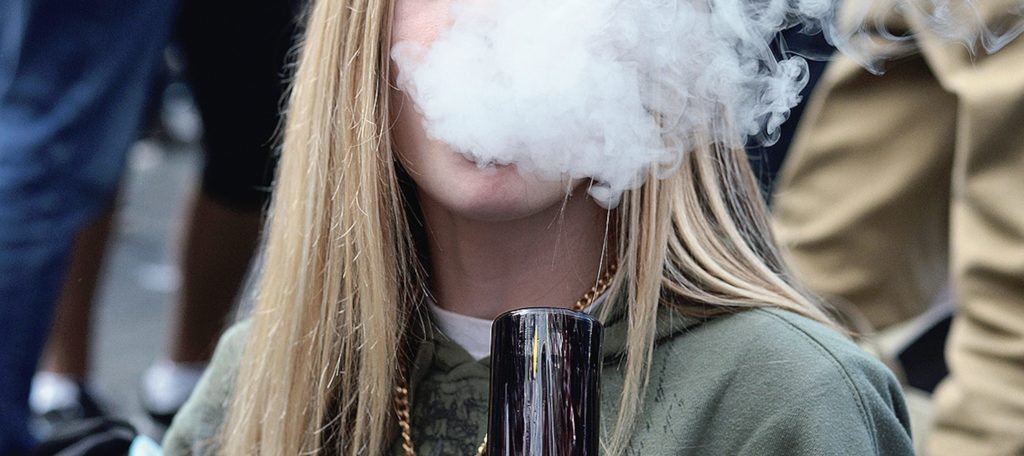
Beware Second Hand Bong Smoke
By Krissy WaiteMost people today recognize the health risks of inhaling tobacco smoke, even secondhand. Fewer are aware of the dangers of cannabis smoke.
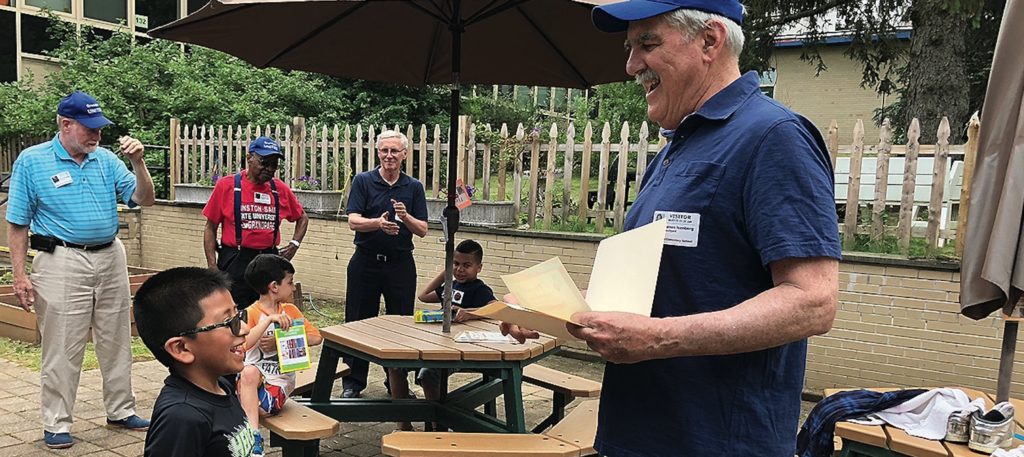
Snapp Chats
By Martin SnappAfter graduating from Berkeley Law in 2014, Yoana Tchoukleva, J.D. ’14, served in many roles before she found her dream job: setting up the Restorative Justice Unit of the San Francisco District Attorney’s Office.
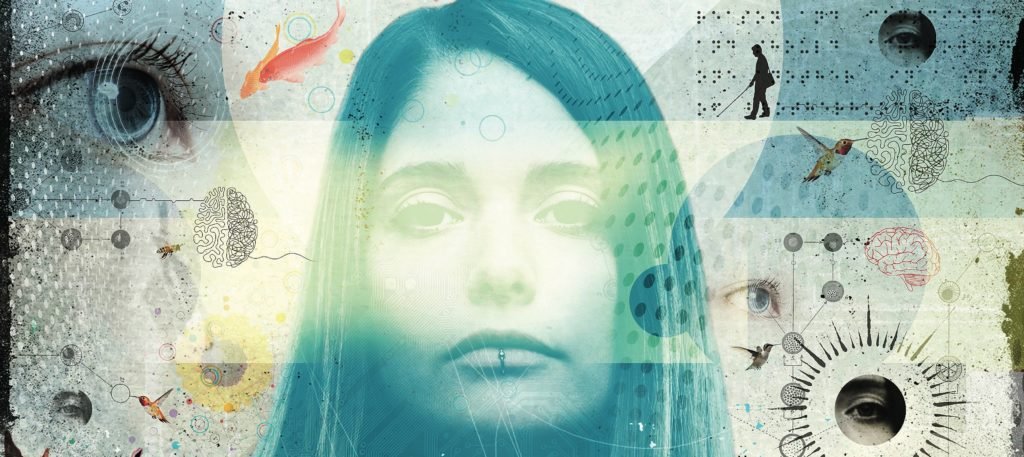
Sight Unseen
By Leah Worthington and Illustration by David JunkinThe paradox of blindsight might unlock the mystery of consciousness.
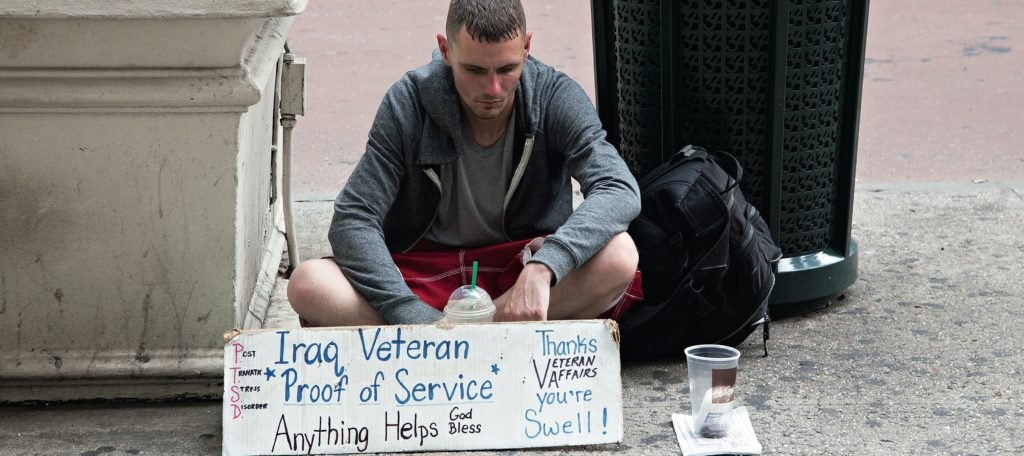
Unpacking PTSD
By Dhoha BarecheA study led by researchers from Berkeley and UCSF may help explain why some people are more resilient to traumatic stress than others and lead to possible therapies. Published in December in the journal Translational Psychiatry, the study found a link between increased myelination in the brain’s gray matter and post-traumatic stress disorder (PTSD).
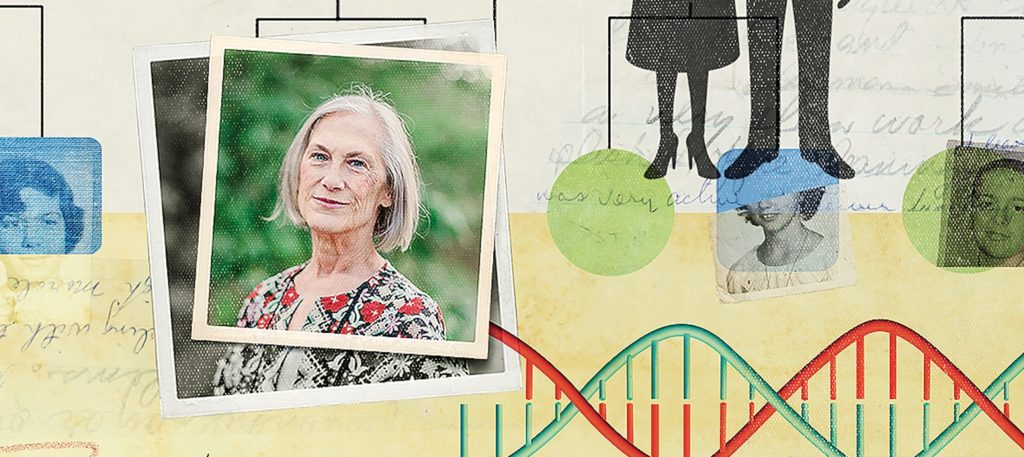
FIRST PERSON
By Robin Dellabough, as told to Anabel SosaI was 66. It was 2018, and a friend of mine said she had done 23andMe. So I thought oh, what the hell.
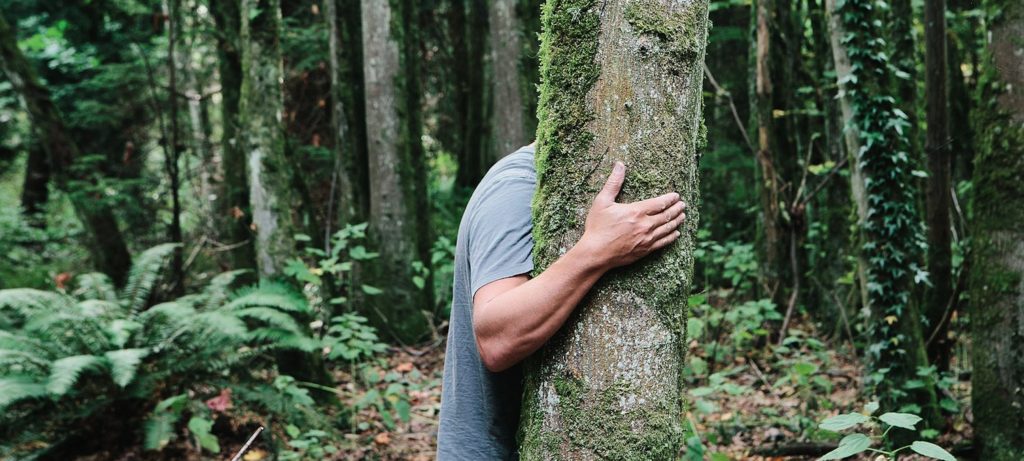
Editor’s Note
By Pat JosephEyes open, eyes closed, it didn’t matter, I saw the same thing: an ant venturing deeper and deeper into a fern. Then somehow I became that ant, in the fern, going deeper and deeper.

Electric Kool-Aid Peer Review
By Coby McDonaldOn Good Friday, 1962—five years before the hallucinogen-fueled Summer of Love—something remarkable took place in a chapel on the Boston University campus. The Good Friday Experiment, as it would later be known, was designed by a graduate student at Harvard University named Walter Pahnke under the guidance of professor Timothy Leary. Ten seminary student volunteers were taken to the basement of the Marsh Chapel, provided doses of psilocybin (the active ingredient in hallucinogenic mushrooms), and observed as the sounds of the Good Friday service above—sermon, hymns, chanting—were piped in. Pahnke’s aim was to see if psilocybin, delivered under such conditions, could induce a full-blown mystical experience.
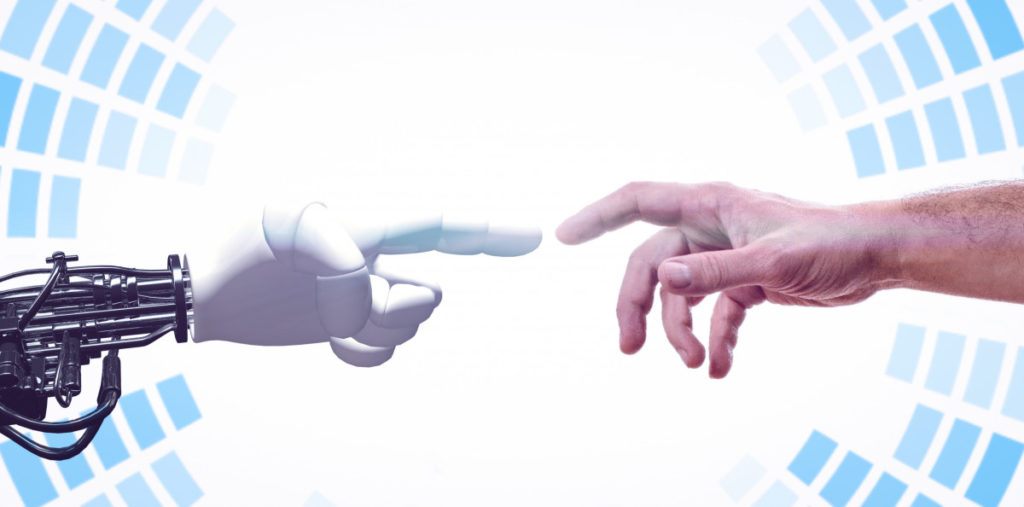
The Edge Episode 15: I’m in Love With a Robot
It’s not easy coming up with the perfect opening line on Tinder. Artificial intelligence is already helping us compose emails and complete sentences, so why stop there? Laura and Leah talk to the founder of Keys about the possibilities—and dangers—of letting robots do the talking for us.

Editor’s Note: How Much Worse Will We Allow It to Get?
By Pat JosephDrought and climate change, but solutions abound.
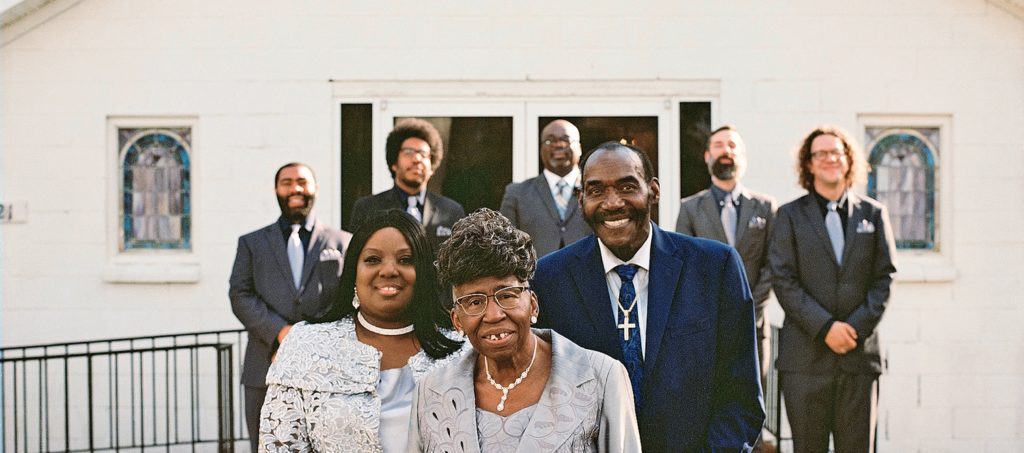
Gospel is the Foundation of American Music
By Dhoha BarecheA Q&A with documentarian Matt Durning.

Fishing for Answers with Robert Tjian
By Pat JosephThe professor of biochemistry on the intersection of science and entrepreneurship
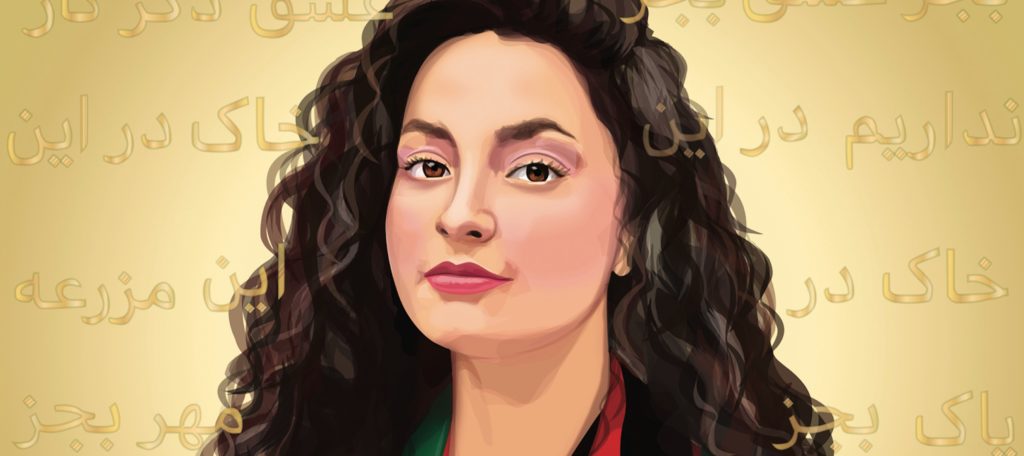
First Person: Berkeley Student and Afghan Refugee on Why She Hasn’t Given Up on Afghanistan
By Maryam Karimi, as told to Dhoha BarecheOn the pain of leaving home and hopes for the future













